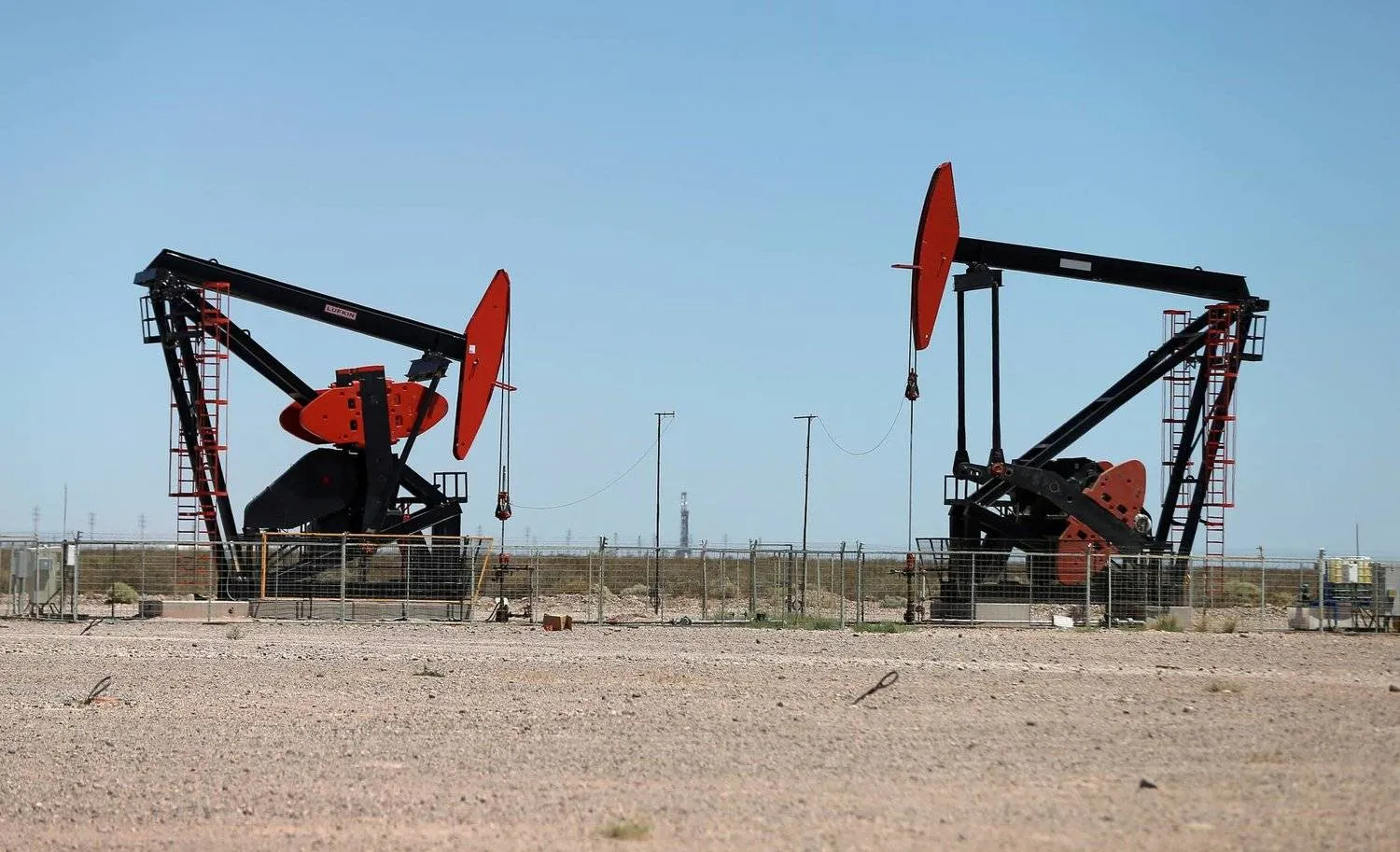Russian Deputy Prime Minister Alexander Novak said on Thursday he expected no new steps from the OPEC+ group of oil producers at its meeting in Vienna on June 4, Russian media reported, after the group announced a significant output cut last month.
Novak also said that high US interest rates and a slower-than-expected Chinese economic recovery were holding back oil prices from rising further, according to Reuters.
Saudi Arabia and other OPEC+ oil producers announced cuts of more than one million barrels per day in April after crude prices in March fell towards $70 a barrel, the lowest in 15 months.
Novak said he expected Brent price to be above $80 a barrel by the end of the year, the state-owned news agency RIA reported. He said current prices of $75-76 reflected the market's assessment of the global macroeconomic situation.
OPEC+ will hold an in-person meeting in Vienna this year.
"This will be the first face-to-face meeting in six months, we are waiting, as usual, for an assessment of the situation in the market," Novak was quoted as saying by Izvestia newspaper.
"But I don't think that there will be any new steps, because just a month ago certain decisions were made regarding the voluntary reduction of oil production by some countries due to the fact that we saw the slow pace of global economic recovery."
He also said he hoped that oil demand will increase in the summer.
"But I repeat once again: we do not have the task of inflating prices - there is the task of balancing in order to ensure the interests of both producers and consumers."
Sending another signal that no action might be required from OPEC+ at its next meeting, Russian President Vladimir Putin said on Wednesday that energy prices were approaching "economically justified" levels.
Oil prices were little changed on Thursday as uncertainty over whether the US will avoid a debt default weighed against the prospect of further OPEC+ production cuts.
Meanwhile, US House Speaker McCarthy said Thursday that negotiations had improved regarding raising the US debt ceiling, though several issues remain unresolved.
Negotiators for Democratic President Joe Biden and McCarthy held what both sides called productive talks on Wednesday to try to reach a deal to raise the United States' $31.4 trillion debt ceiling.
Oil price gains were limited by news that Britain's stubbornly high inflation rate fell by less than expected last month, according to official data that raised the chances of more interest rate hikes.
In the previous session, oil prices were backed by Saudi Arabia's energy minister’s statement when he called on the short-sellers betting oil prices will fall to "watch out". Some investors took this as a signal that OPEC+ could consider further output cuts at a meeting on June 4.
There was also an unexpected significant drop in US crude oil inventories. This was reported by the Energy Information Administration (EIA).









